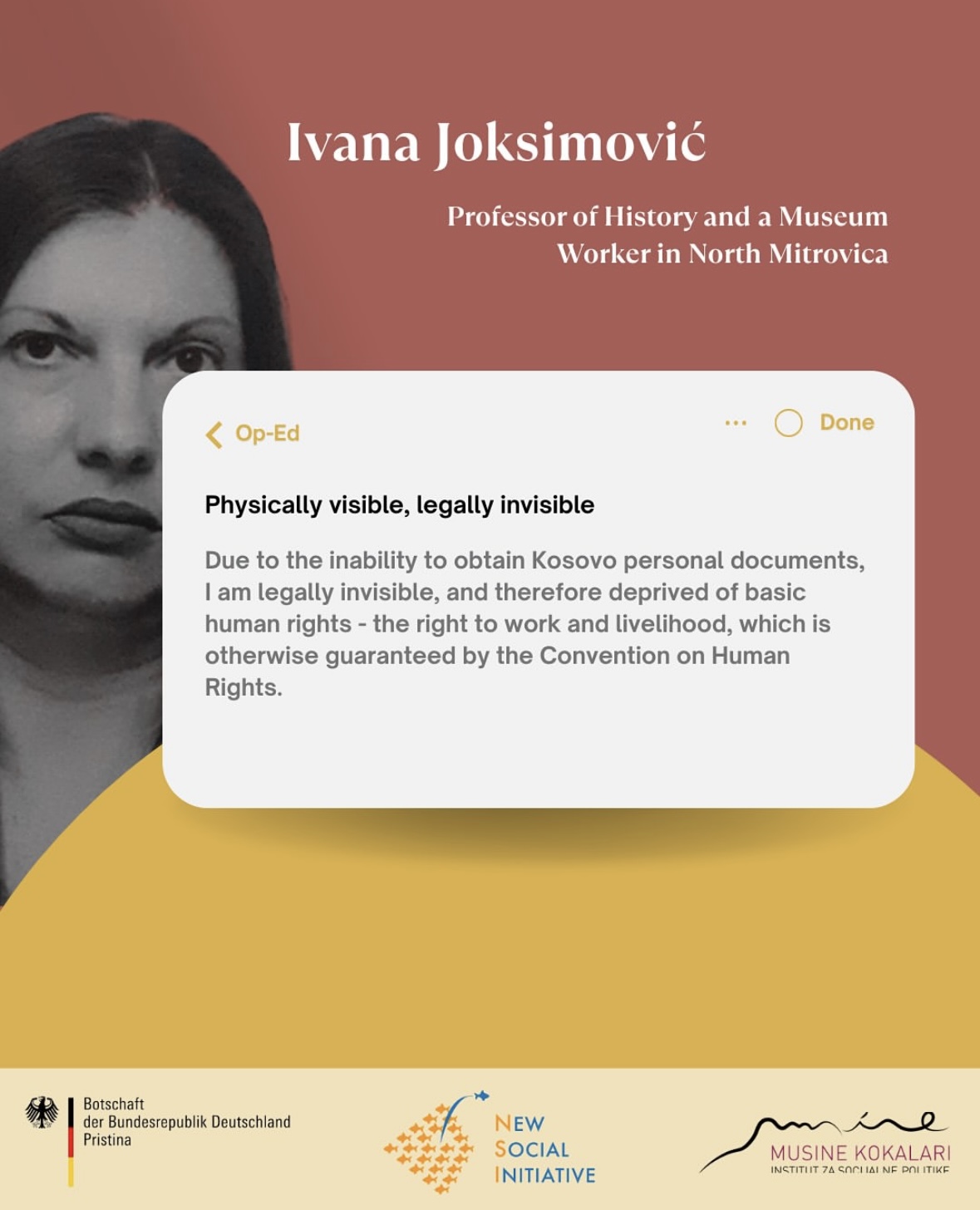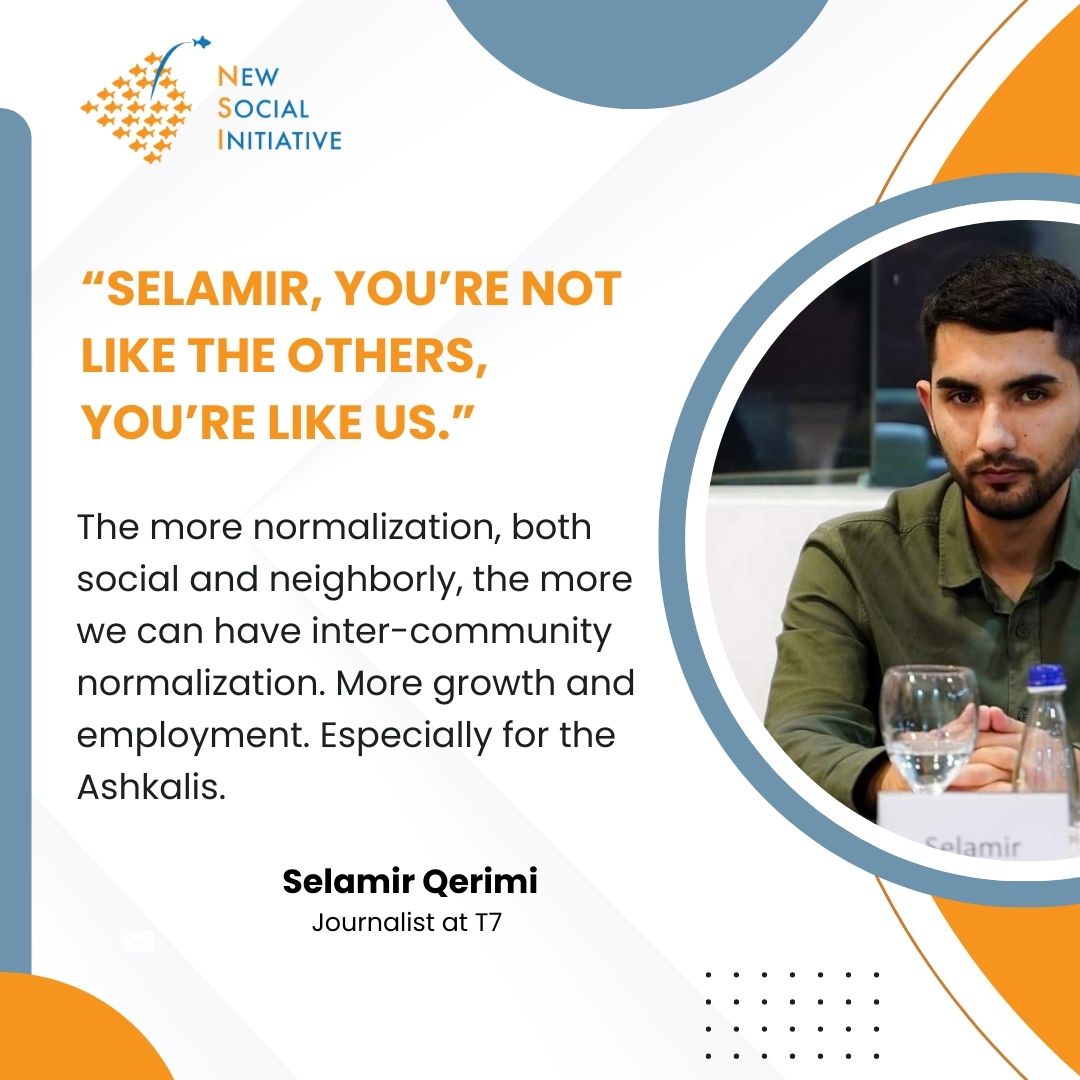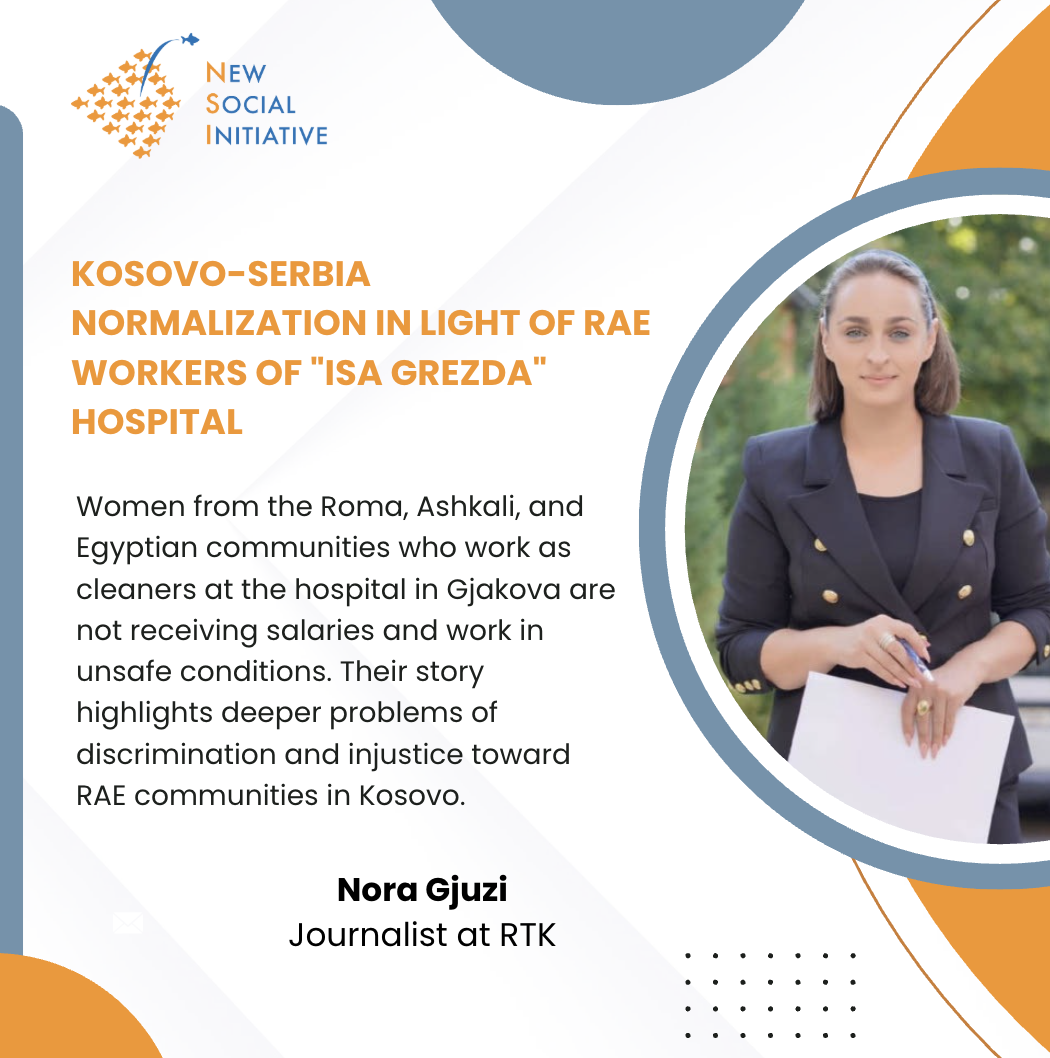Is Kurti a Nightmare for the International Community Monitoring Kosovo?
He is supposed to be the Prime Minister who will change everything. The victory of Albin Kurti’s party in October and the formation of a new government led by him, after a protracted negotiating period with the second-placed party, is supposed to usher in a new period in Kosovar politics where corruption, nepotism and ineffective governance will become a vestige of the past.
As far as first impressions go, Kurti has definitely taken decisive steps to bring down the nepotism that propped up previous governments. With one swift stroke, he sacked the board of the ailing publicly-owned Kosovo Telekom, revoked the 11-hour appointments of a large group of unnecessary officials in consulates all over the world and slashed the salaries of public officeholders (including his own salary) instated by the previous PM.
His approach to the media is also impressive – Kurti is known for rarely refusing interviews, his press conferences can last for over an hour, and a large stash of documents showing the way in which the previous government was using public funds to support pro-government media was leaked to the press. This is a continuation of his election pledge for complete transparency.
Yet international observers of Kosovo’s independence are nervous about the new leader. With figures like the current president, Hashim Thaci, who was also previously Prime Minister, they had a predictable politician who they could rely on to do what they needed him to do. If Thaci needed to meet up with his Serbian counterpart or push an unpopular bill through parliament, he would deliver.
Crucially, in the perspective of foreign observers, Thaci did not rely on nationalist rhetoric to fire up his base. The former speaker for the guerilla movement that fought in the conflict was quick to transition to a malleable partner for the international community. He didn’t overemphasize the relationship between Kosovo and Albania, he didn’t question the constitutional rights of the Serbian community and he tried to put a positive spin on the Belgrade-Prishtina dialogue.
For a long time, this was the status quo in Kosovo. While nationalist sentiments were present among the Albanian population, they weren’t voiced by the government – at least not openly. For those guaranteeing Kosovo’s existence in the Balkan region – whether financially or through the support of its independent status – this was enough. Many shied away from directly criticizing the corruption that Thaci and others brought with them, addressing the omnipresent problem by talking about a “general” and somewhat vague fight against this problem that was crippling the country.
With Kurti they can’t rely on this. He is everything but predictable, especially in the way the international community want him to be. Recently at a forum organized by the EBRD he told his Serbian counterpart Ana Brnabic that he wouldn’t settle for anything less than full recognition of Kosovo’s status. At a roundtable with Serbian president Aleksandar Vucic, he talked about seeking out a genocide conviction for the crimes perpetrated against Albanians during the Kosovo conflict.
One could argue however that Kurti is only acting based on the mandate granted to him in the recent elections. His key positions on the relationship with Serbia and other hot-button issues have not changed significantly in the past couple of years, and he’s only implementing them now that he is the prime minister. If the people voted overwhelmingly for Kurti, exactly the way he is, why should the international community be worried? Isn’t their ultimate goal setting up Kosovo as a self-sustainable state, with all the downsides and benefits that entails?
This is where opinions diverge. Kurti and his followers, and some civil society analysts as well, would argue that for Kosovo to truly stand up on its own two feet, it needs to act as an independent nation. An independent nation that can decide what it wants to do in the dialogue with Serbia, how it wants to manage its relationship with countries in the region and wider – and if the current government is taking a hard stance against corruption, all the better. Thaci and Co were, in their eyes, merely stand ins during the rough transition for a true government of the people that would one day take its place.
Others disagree. The very guarantee of Kosovo’s existence are the international community, who swept in to halt the violence being perpetrated against an ethnic group that definitely did not have the resources to defend itself and would never have won a conflict on its own. No foreigners, no Kosovo they say. The commitment to intervene carries the essential component of building a multiethnic state, one that does take additional considerations for the dialogue that affects the country’s minority community and its relationship with the rest of the Balkans.
The Gordian knot is pulled tighter if one sums up the two dilemmas facing Kosovo in the following way: in principle, does one support a government elected by the majority that acts out on the wishes of the majority – to the detriment of the foundation laid by international presence in Kosovo for years; or does one support a political direction that maintains the shaky balance of relations between Kosovo and Serbia, at any cost to classical principles of democracy?
The answer to this question is not a simple one, but it will be the defining issue of Kurti’s government. Perhaps Kurti does manage to moderate himself and his government on these issues, a carve out a path for leadership in Kosovo that checks all the boxes for the international community – and manages to keep the dissatisfaction that will appear among his voters in check. Or he doesn’t, but maybe this approach will finally push to the surface issues that existed with the way Kosovo was led post-1999 – issues that were kept hidden from the public – endangering the main goal of the international community in Kosovo. Namely, stability at all costs.










